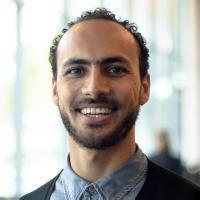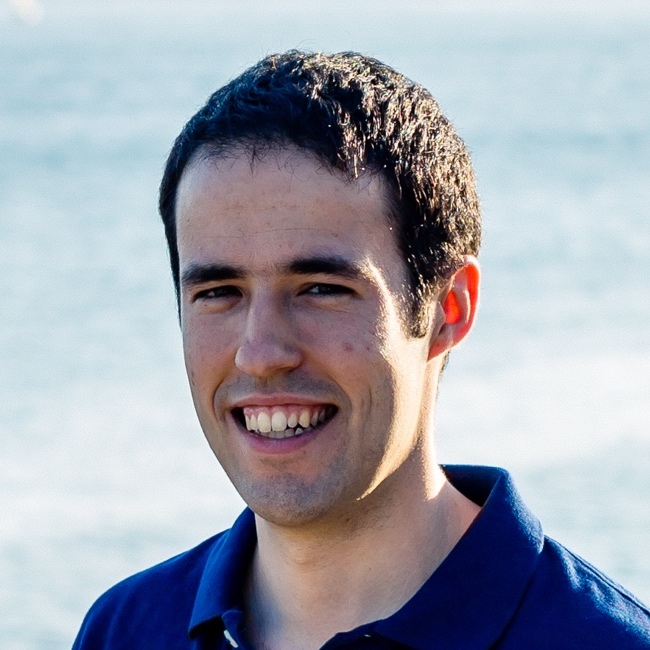Organisers

Tariq Osman Andersen is an assistant professor in Software, Data, People, and Society at the Department of Computer Science, University of Copenhagen and he is co-founder and head of research in a scale-up medical-AI company called Vital Beats. His research is concerned with large-scale and long-term co-design of digital health and revolves around experimental studies of AI-based clinical decision-making and patient-clinician interaction in cardiac care. Tariq holds a PhD from the University of Copenhagen (2012).
www,
@tariqandersen

Francisco Nunes is a Senior Researcher at Fraunhofer Portugal AICOS, working on the Human-Centred Design team. His research is concerned with the user research, design, and evaluation of mobile and AI-based self-care technologies. Francisco has a PhD in Human-Computer Interaction from TU Wien (2017).
www,
@xico_nunes

Lauren Wilcox is an associate professor in the School of Interactive Computing at Georgia Tech and research lead in the Google Wellbeing Lab. She brings over thirteen years of experience conducting human-centered computing research in service of human health and well-being. Previously at Google Health, Wilcox led initiatives to align AI advancements in healthcare with the needs of clinicians, patients, and their family members and recently co-authored some of the first papers at SIGCHI conferences describing human-centred issues when deploying AI-based systems in clinical practices. Wilcox was an inaugural member of the ACM Future of Computing Academy and frequently serves on the organizing and technical program committees for premier conferences in the field (e.g., ACM CHI).
www,
@lgw_

Elizabeth Kaziunas is a postdoctoral researcher at AI Now, a research institute at New York University investigating the social impacts of artificial intelligence. Her ethnographic research examines social, organizational, and ethical contexts of health information systems, and is currently focused on understanding the practices and politics of care in relation relation to personal data and AI-mediated technologies. She received a Ph.D. from the University of Michigan’s School of Information, where her thesis investigated designing technology to support the lived experience of chronic illness.
www,
@ekaziunas

Stina Matthiesen is an assistant professor in Software, Data, People & Society at the Department of Computer Science, University of Copenhagen. She is inspired by critical studies on race, technology and datafication and has previously explored how stereotypes and implicit bias manifest itself in the everyday practices of global software development (GSD). Stina is currently investigating the emotional labor of chronic patients, as well as analyzing and co-designing data-driven and AI-based technologies for patient-clinician collaboration and clinical decision support in cardiac care.
www,
@MatthiesenStina

Farah Magrabi is an Associate Professor at the Australian Institute of Health Innovation, Macquarie University. She has a background in Electrical and Biomedical Engineering with over 15 years’ experience in Health Informatics focusing on the design and evaluation of digital health technologies for clinicians and consumers. Farah is currently investigating the patient safety risks of artificial intelligence (AI) in healthcare. She co-chairs the Australian AI Alliance’s working group on safety, quality and ethics;the International Medical Informatics Association’s (IMIA) working group on Technology Assessment & Quality Development (2013-present).
www,
@farahmagrabi